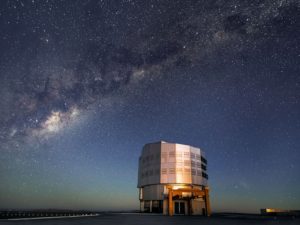A presentation of Hooke’s 1674 monograph introducing the idea of universal gravity was included in the Philosophical Transactions (Royal Society 1775) and subsequently several letters containing observations, including one of Huygens. But obviously, after the publication of Principia in 1687, Hooke’s priority in proposing universal gravitation was forgotten. Hooke, considered as a “mechanical genius” rather than a scientist, was often at a social disadvantage to Newton, the noble theorist, or Huygens. Hooke’s inferior social status did not allow him to identify with “free and unconfin’d” gentlemen such as Boyle, for example.
DOI: 10.13140/RG.2.2.13746.45763
Tag: Newton
Newton’s Principia on God-mediated action
 As John Henry states, Newton simply wants to reaffirm the truth of God’s omnipresence without directly involving him in the physics of the world system. Newton simply wants to distance himself from a Cartesian concept of God and convince the atheists that God is a real presence extended in the world. God must exist in space for the space to exist, but God does not only act through contact. Henry believes that Andrew Janiak and Hylarie Kochiras give us a wrong picture of a Newton who believes in opportunism. Newton, Henry asserts, has always assumed that God acted through secondary causes:
As John Henry states, Newton simply wants to reaffirm the truth of God’s omnipresence without directly involving him in the physics of the world system. Newton simply wants to distance himself from a Cartesian concept of God and convince the atheists that God is a real presence extended in the world. God must exist in space for the space to exist, but God does not only act through contact. Henry believes that Andrew Janiak and Hylarie Kochiras give us a wrong picture of a Newton who believes in opportunism. Newton, Henry asserts, has always assumed that God acted through secondary causes:
DOI: 10.13140/RG.2.2.35495.39846